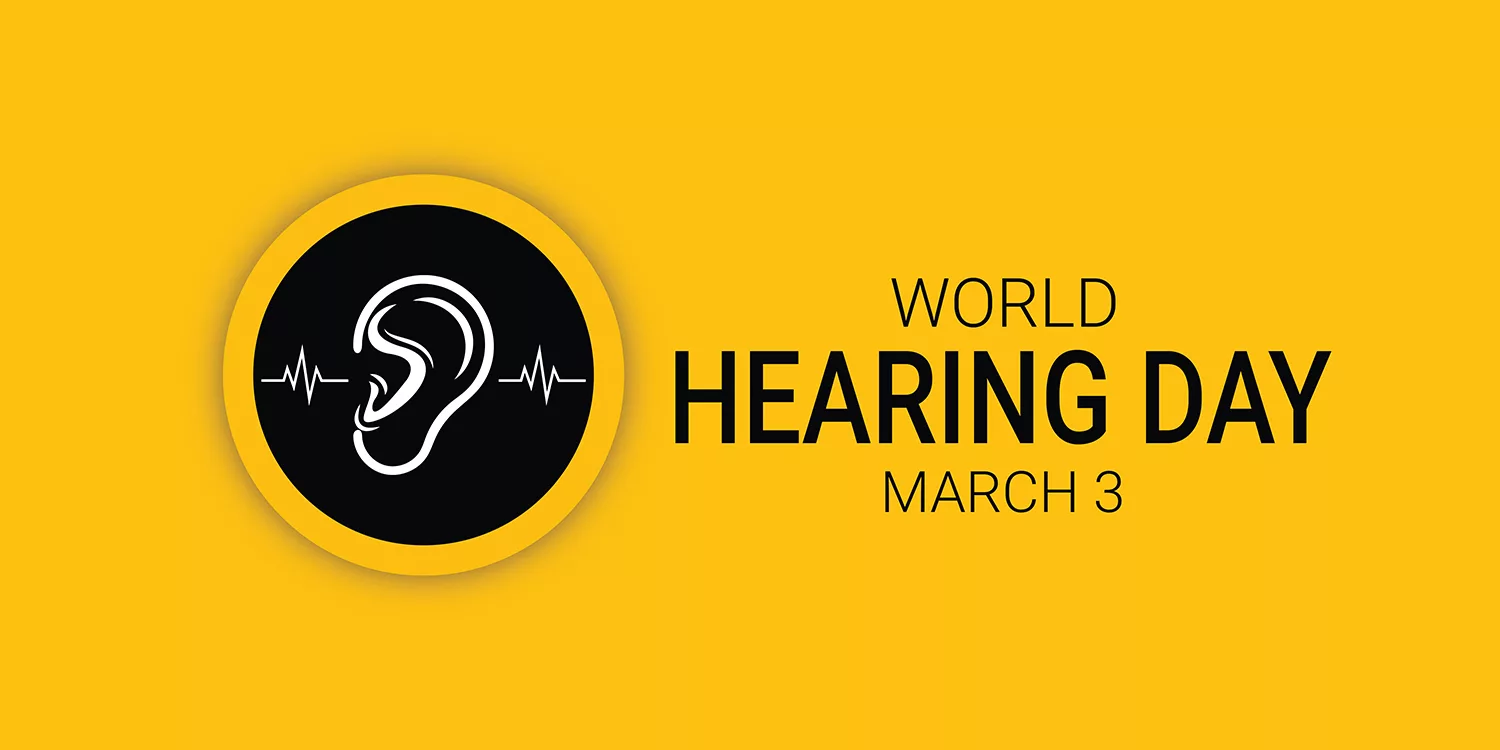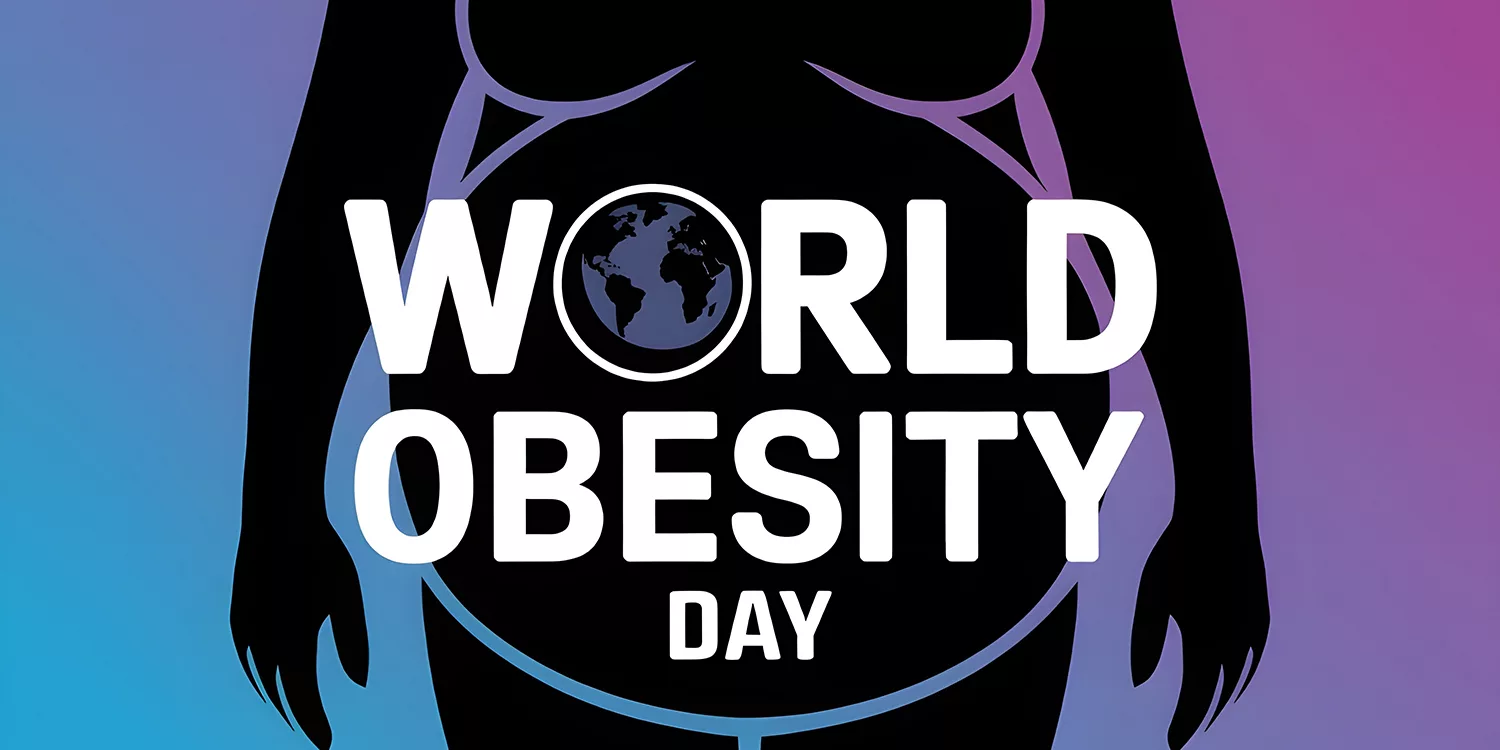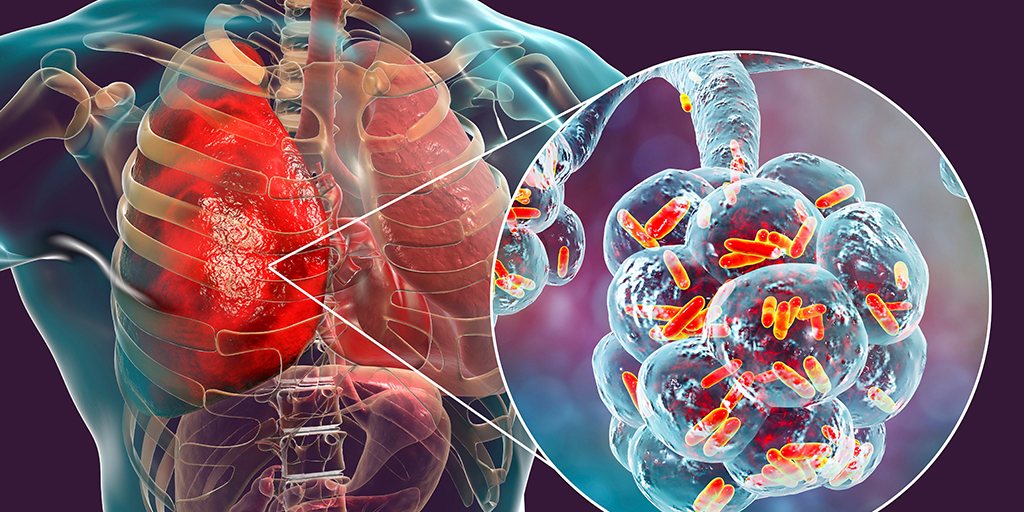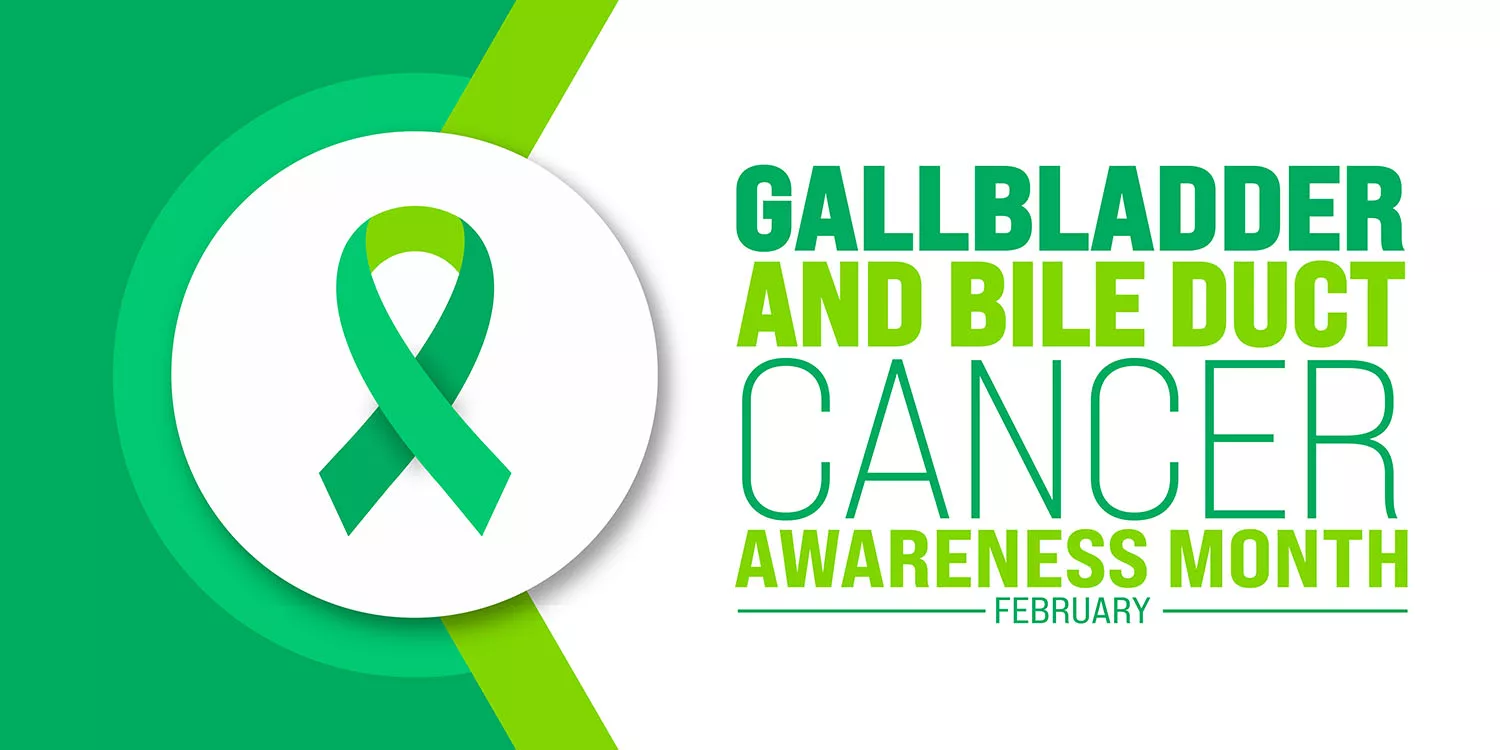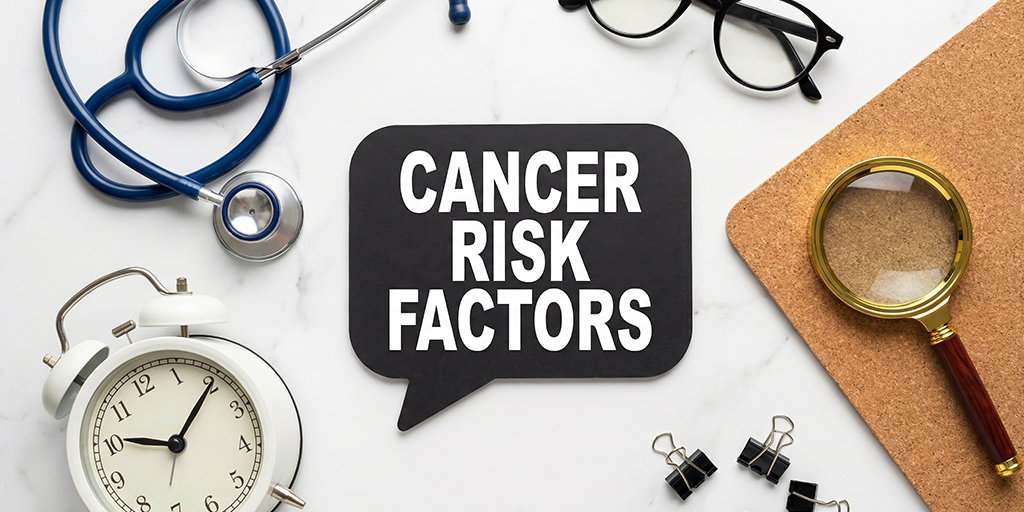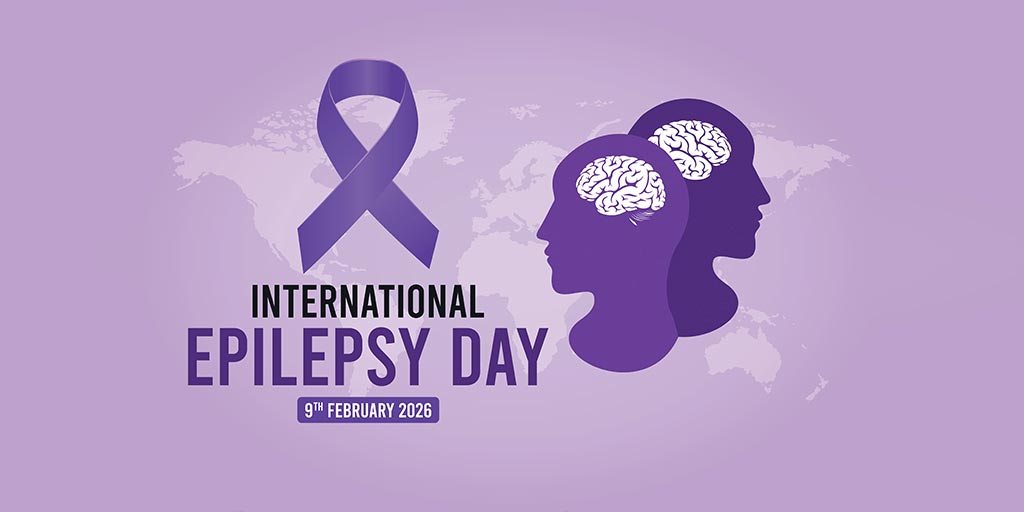A spinal cord injury (SCI) is a serious condition that can disrupt movement, sensation, and essential body functions. Such injuries may result from road accidents, falls, sports trauma, or medical complications, and require immediate specialist care. At Graphic Era Hospital, spinal cord injury treatment is guided by experienced neurosurgeons, critical care specialists and rehabilitation experts. Our team uses advanced diagnostics, surgical techniques, and neuro rehabilitation programmes, to provide comprehensive care aimed at stabilisation, recovery, and long-term support.
When to Seek Spinal Cord Injury Screening and Consultation
Immediate medical attention is crucial after any suspected spinal cord injury, as early treatment can reduce complications and improve recovery outcomes. Even mild symptoms should not be ignored, since spinal damage can worsen if left untreated. Seek urgent consultation with a specialist if you notice any of the following:
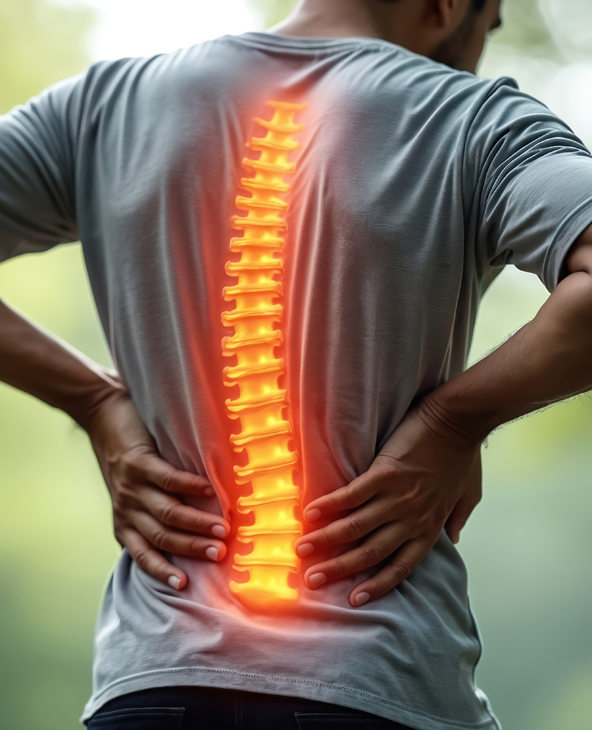
- Numbness, tingling, or loss of sensation in the hands, feet, or body
- Weakness or paralysis in any part of the body
- Persistent pain or pressure in the head, neck, or back
- Difficulty with balance, walking, or coordination
- Loss of bladder or bowel control
- Difficulty breathing or coughing effectively
- Stiffness or unnatural positioning of the spine or head
- Uncontrollable muscle spasms or exaggerated reflexes (spinal shock)
- Changes in sexual function, such as difficulty with arousal or fertility concerns
- Repeated injuries or falls due to instability or weakness
Key Considerations Before Starting Spinal Cord Injury Treatment
Before treatment begins, doctors carry out detailed evaluations to understand the type, severity, and possible complications of spinal cord injury. These considerations guide personalised treatment planning and long-term care.
- Identifying the type of spinal cord injury - complete (total loss of function) or incomplete (partial function remains).
- Reviewing the etiology of spinal cord injury, including road accidents, falls, sports injuries, or surgical complications.
- Understanding the pathophysiology of spinal cord injury, such as nerve damage and disruption of brain–body communication.
- Assessing risk factors like osteoporosis, high-risk occupations, advanced age, or previous spinal conditions.
- Checking for spinal cord injury symptoms – weakness, numbness, loss of movement, or breathing difficulty.
- Conducting diagnostic imaging – MRI, CT scan, and X-rays to assess structural damage.
- Using electromyography (EMG) to evaluate nerve and muscle function.
- Screening for potential complications, including tetraplegia, paraplegia, pneumonia, autonomic dysreflexia, or sepsis.
- Evaluating psychological and emotional well-being for holistic care.
- Planning long-term neuro rehabilitation to maximise recovery and independence.
Spinal Cord Injury Treatments Available at Graphic Era Hospital
At Graphic Era Hospital, spinal cord injury treatment focuses on emergency stabilisation, restoring function, preventing complications, and supporting long-term recovery. Depending on the severity and type of injury, our specialists offer a full range of medical, surgical, and rehabilitation therapies, including:
- Emergency Care and Stabilisation: Immediate immobilisation, intensive care, and life support measures to prevent further spinal damage.
- Medications: Adequate fluids, pain relievers, and neuroprotective drugs to reduce inflammation and secondary injury; and manage associated conditions.
- Surgery: Decompression, stabilisation, or spinal fusion procedures to relieve pressure on the spinal cord and stabilise the spine. High-end microscope; Neuroendoscope, Neuro Navigation and Intraoperative Neuro monitoring are used for surgery.
- Physical Therapy and Neuro Rehabilitation: Tailored exercise programmes, mobility training, and functional therapies to regain strength and independence.
- Assistive Devices and Technology: Wheelchairs, braces, mobility aids, and adaptive equipment to support daily activities.
- Electrical Stimulation Therapy: Use of devices to stimulate nerves and muscles, improving mobility and reducing spasticity.
- Stem Cell Therapy: Advanced regenerative approaches are considered in selected cases to promote nerve healing and recovery.
- Regular Monitoring and Follow-Up: Ongoing neurological assessments and imaging to track progress and prevent secondary complications.
Why Choose Graphic Era Hospital for Spinal Cord Injury Treatment in Dehradun
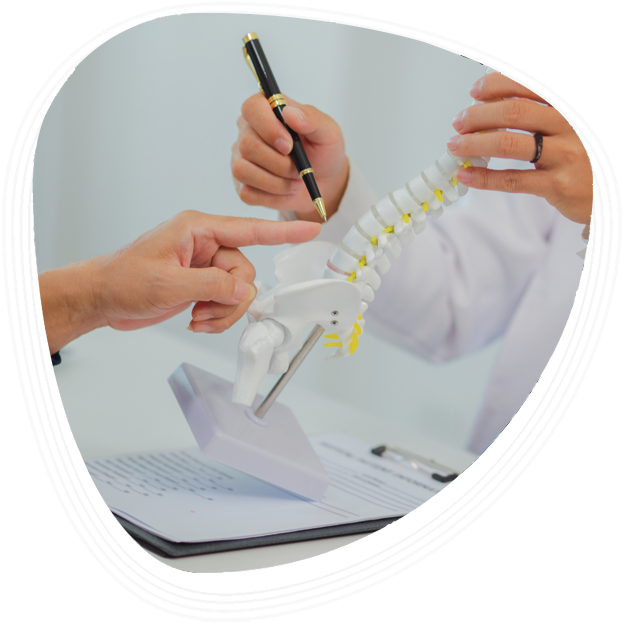
Spinal Cord Injury Services Available at Graphic Era Hospital
To support patients through every stage of recovery, Graphic Era Hospital offers a wide range of specialised services for the diagnosis, treatment, and long-term management of spinal cord injuries.
Comprehensive Spinal Cord Injury Evaluation
- MRI, CT scan, and X-rays for accurate imaging
- Electrophysiology Lab to assess spinal cord , nerve and muscle function.
- Neurological examinations to evaluate sensory and motor deficits
- Screening for complications such as spinal shock or infections
Personalised Treatment and Surgery Plans
- Emergency stabilisation and decompression procedures
- Spinal fusion and stabilisation surgeries
- Pain management and medication therapy
- Integration of assistive devices and adaptive technology
Rehabilitation and Recovery Support
- Physiotherapy, occupational therapy, and neuro rehabilitation programmes
- Breathing exercises and respiratory care for high-level injuries
- Training to improve mobility, strength, and independence
- Counselling and psychological support for patients and families
Complication Prevention and Monitoring
- Infection prevention strategies including pneumonia and sepsis care
- Bladder and bowel management programmes
- Monitoring and treatment of autonomic dysreflexia
- Regular follow-up visits to track recovery progress
Top Spinal Cord Injury Treatments Available at Graphic Era Hospital
- Emergency stabilisation and trauma care
- Spinal decompression and stabilisation surgery
- Physical therapy and neuro rehabilitation
- Assistive devices and mobility support
- Electrical stimulation therapy
- Stem cell therapy
Blog
Frequently Asked Questions
What are the common causes of spinal cord injury?
Spinal cord injury causes include road traffic accidents, falls, sports injuries, violence or trauma, and medical or surgical complications.
What are the types of spinal cord injury?
The main types are complete spinal cord injury, where there is total loss of function, and incomplete spinal cord injury, where some movement or sensation remains.
What are the early spinal cord injury symptoms?
Symptoms may include numbness, tingling, weakness, paralysis, loss of bladder or bowel control, difficulty breathing, and pain or pressure in the neck or back.
How is spinal cord injury diagnosed at Graphic Era Hospital?
Doctors use MRI, CT scans, X-rays, and Electrophysiology, along with neurological examinations, to assess the extent and severity of injury.
What complications can arise from a spinal cord injury?
Complications may include tetraplegia, paraplegia, pneumonia, autonomic dysreflexia, sepsis, and long-term mobility or sensory impairments.
What is spinal shock?
Spinal shock is a temporary loss of reflexes and movement below the level of injury that may last days to weeks after trauma.
What treatment options are available for spinal cord injury in Dehradun?
Spinal cord injury treatment in Dehradun at Graphic Era Hospital includes emergency stabilisation, surgery, medications, physical therapy, neuro rehabilitation, assistive devices, and stem cell therapy in selected cases.
How does neuro rehabilitation help in spinal cord injury recovery?
Neuro rehabilitation combines physiotherapy, occupational therapy, breathing exercises, and counselling to improve strength, mobility, and independence after spinal cord injury.
Where can I find expert spinal cord injury treatment near me in Dehradun?
Graphic Era Hospital provides advanced spinal cord injury treatment in Dehradun with a team of experienced neurologists, neurosurgeons, and rehabilitation specialists. From emergency care and neurosurgery to long-term neuro rehabilitation, patients receive comprehensive support under one roof. To book a consultation, call 1800-889-7351 today.
